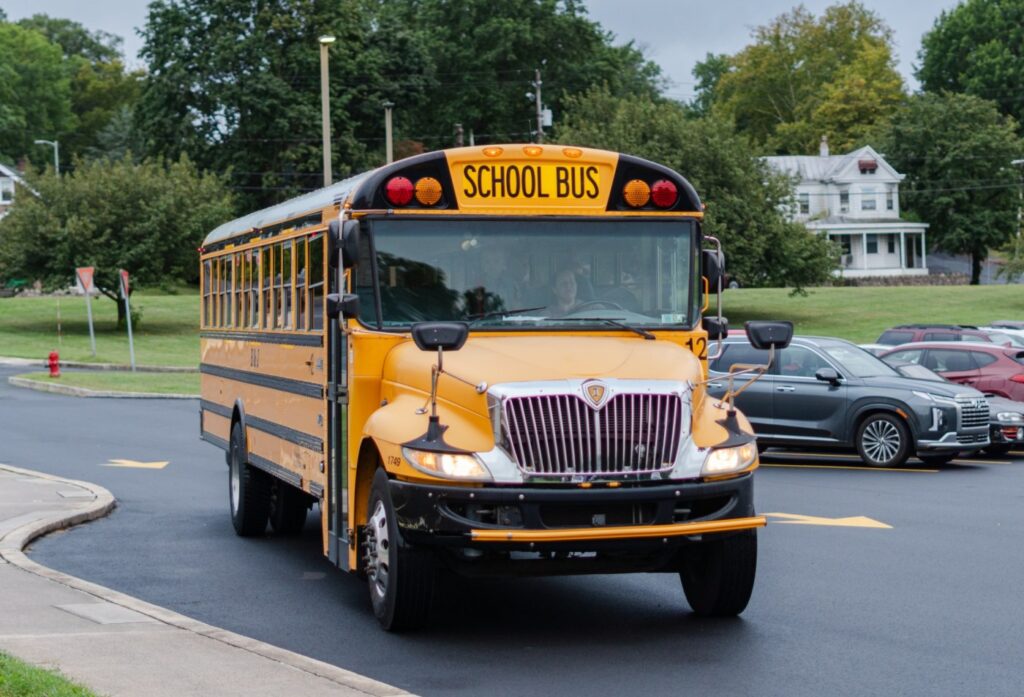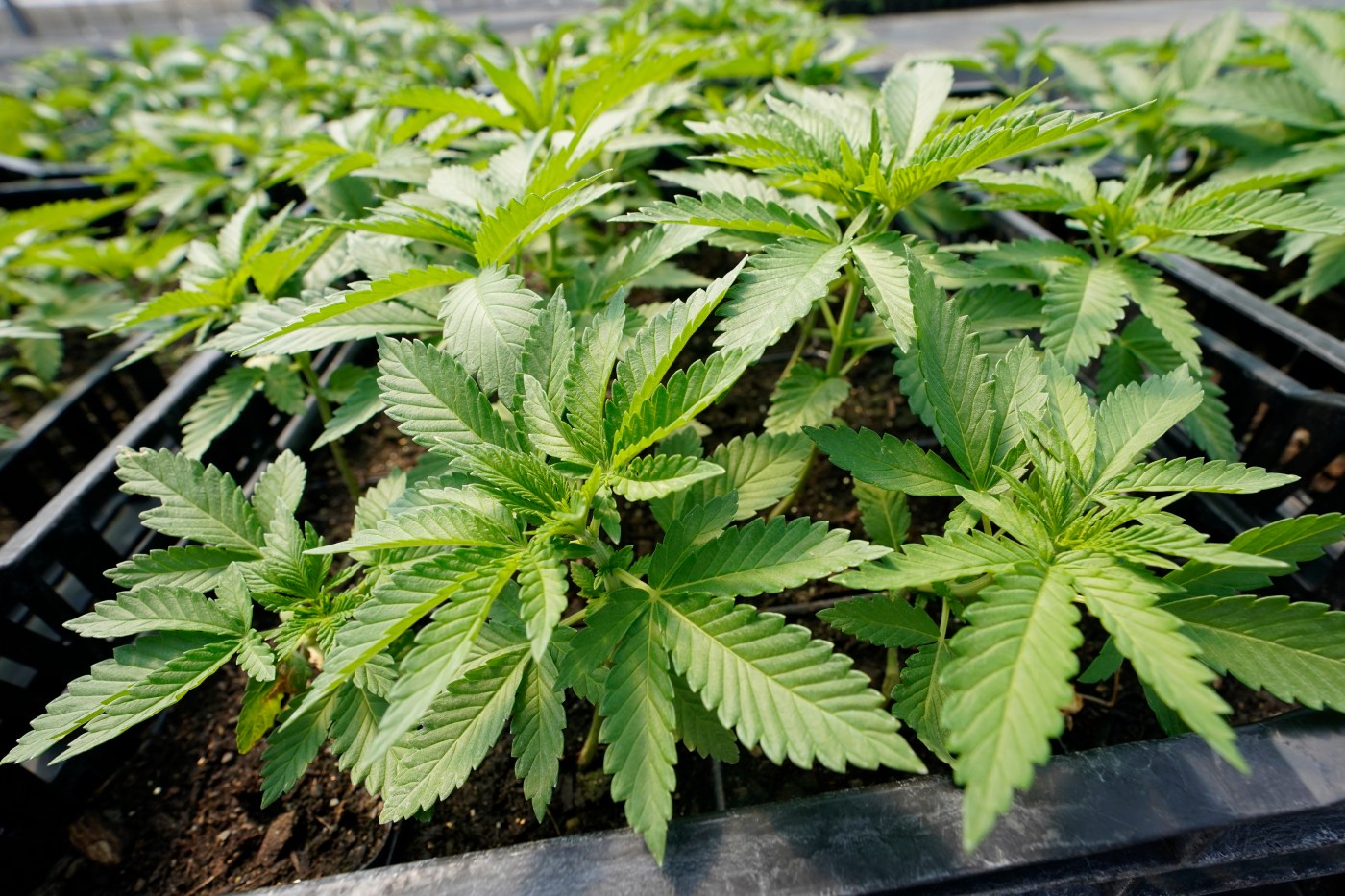
With the back-to-school season in full swing, the National Retail Federation estimates consumers in the United States will spend over $6 billion on school supplies this year. This significant expenditure raises an important question: what happens to the countless half-used notebooks, plastic binders, and dried-up markers once the school year concludes? Unfortunately, the majority of these items end up in local landfills.
Each day, schools in the U.S. generate approximately 14,500 tons of municipal solid waste. This figure is not surprising given the large number of students and staff occupying these spaces for around 180 days annually. With such a volume of waste being produced, it is crucial to explore ways to minimize the amount that finds its way to landfills.
One of the primary challenges in recycling school supplies lies in their composition. Many items, such as markers, consist of a complex mix of plastics, chemicals, felt, and sometimes metal, making them notoriously difficult to recycle effectively. Existing recycling options are limited, but one organization is stepping up to offer a viable solution.
TerraCycle is a company dedicated to finding innovative methods to recycle and reuse a wide range of products, including those commonly found in schools. They provide Zero Waste collection boxes that can accommodate various office and art supplies. These boxes, while not typically included in school budgets, could serve as an excellent fundraising opportunity for environmental clubs or parent-teacher organizations. The cost for these boxes ranges between $178 and $393.
Additionally, TerraCycle collaborates with select consumer brands to facilitate the recycling of specific products at no cost through a school fundraising program. This initiative not only helps reduce waste but also promotes environmental awareness among students and staff.
For those interested in learning more about TerraCycle’s programs and how schools can participate, additional information can be found on their website at https://www.terracycle.com. Implementing these practices could significantly contribute to reducing the environmental impact of school waste and encourage a more sustainable future for students.






